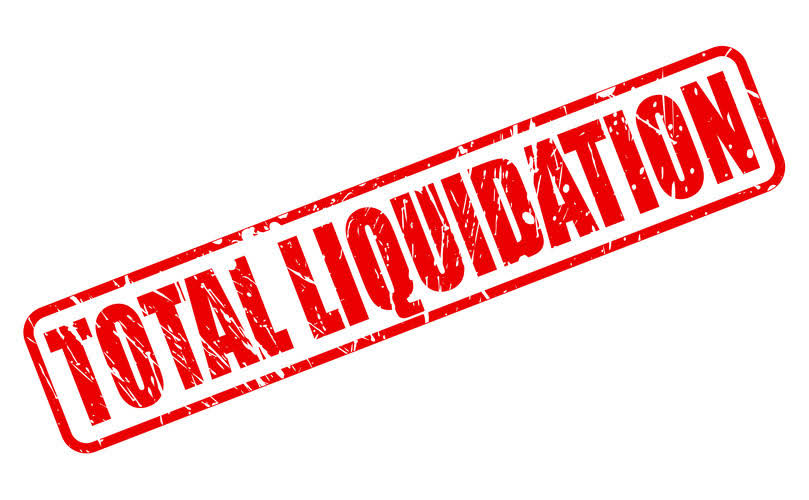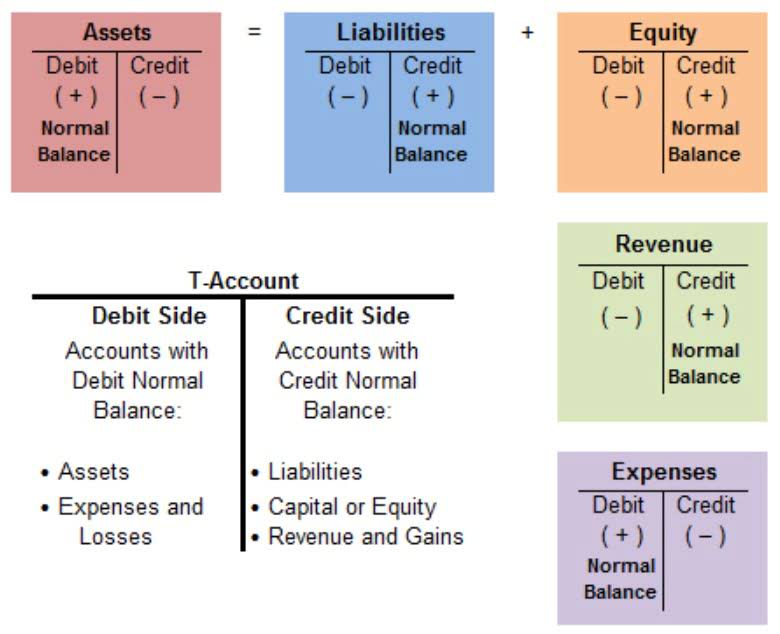Sole Proprietorship Definition, Pros & Cons, and Tax Implications

Being a sole proprietor means taking on the risk that, if the business gets sued or has to close and owes creditors money, that they will have to pay those costs out of their personal funds. Alternatives to a sole proprietorship include incorporating into an S corporation or a C corporation or forming a limited liability company (LLC). These other structures each provide their own unique attributes and benefits and will generally shield your personal assets from the business’s legal liability—something a sole proprietorship won’t do.

How are sole proprietors taxed in New York?
Compared to proprietorships, other business entities require a much longer and more complex legal document for incorporation. The paperwork required by the government before a sole proprietor can set up his business is easy and straightforward. It has already sole proprietorship near me been established that sole proprietorship is the most frequent and oldest form of business in the United States and worldwide. Accountants, consultants, doctors, lawyers, and other professionals sometimes practice under a professional sole proprietorship. This structure requires compliance with specific licensing and regulatory guidelines related to the profession while retaining the simplicity of a sole proprietorship.

File
This can be difficult to do on your own, but you also aren’t likely to need to pay for help right away. Photographers typically work for themselves taking pictures at weddings, graduations, events or for other specific purposes such as senior photos or marketing materials. Some work at studios while many work on location for whatever Certified Bookkeeper event they are capturing.

Sole Proprietorships Are Affordable to Start and Operate
A sole proprietorship is a business owned by an individual, known as a sole proprietor, who operates the business alone and typically in their own legal name. It is the most straightforward business structure, with complete control in the hands of the owner. For this reason, the business and the owner are considered a single entity, without separation for tax and legal purposes.
- The money spent on taxes goes toward government projects that help improve our country.
- Many small business owners love the flexibility and ease of a sole proprietorship.
- There is no sharing arrangement in a sole proprietorship since the sole proprietor takes all the business profits after paying for production costs.
- The business is very easy to start and since you’re operating in the homes of clients, their home insurance will most likely cover any potential liability (though you should have your own insurance).
- These fees can range from about $50 to $500, depending on your business location and specific compliance requirements.
- Many banks and investors do not like to offer funds to sole proprietors, as they cannot gain shares of the company or be sure that business debts will be repaid.
- This is a benefit since sole proprietorships let entrepreneurs do exactly as they want in regard to realizing their ideas and company goals.
- It has already been established that sole proprietorship is the most frequent and oldest form of business in the United States and worldwide.
- The structure will be a good fit only if you plan to operate your business entirely independently, or with employees who report to you as the owner.
- This makes this a perfect fit for a sole proprietorship and is similar to the freelance examples above.
- When an owner wants to operate their sole proprietorship under a business name different from their own, they must register a fictitious name.
- A financial professional will offer guidance based on the information provided and offer a no-obligation call to better understand your situation.
A client or consumer of a sole proprietorship business dissatisfied with the quality of goods or services supplied by the company may communicate directly with the proprietor. Although the government regulates sole proprietorships like any other business, their regulations are fewer and more lenient. This is a benefit since sole proprietorships let entrepreneurs bookkeeping do exactly as they want in regard to realizing their ideas and company goals. Because the business is all yours—and may give off the impression that you are closely intertwined to the business’s success—it can be harder to sell a sole proprietorship. This may be especially true if the business is run under your personal name and you haven’t taken steps to establish a brand identity for your business that isn’t too tied to your personal identity.
- Moreover, if you plan to seek outside financing for your business, you’ll want to be able to show that you’re managing your business diligently and not mixing it with your personal assets too much.
- When other types of businesses fail, all the owners of the firm share in the loss, just as each member of successful business benefits from the profit.
- You’ll have to pay half of any employees’ Social Security and Medicare taxes.
- This is in contrast to other business structures, such as corporations or limited liability companies (LLCs).
- They may also have tax reasons for choosing to work with incorporated businesses instead.
- The easiest method to do this is to set up a separate business account where money will be withdrawn to pay for company expenses.
- But before anything else, let’s take a look at what a sole prop is and what type of businesses a sole prop is best for.


